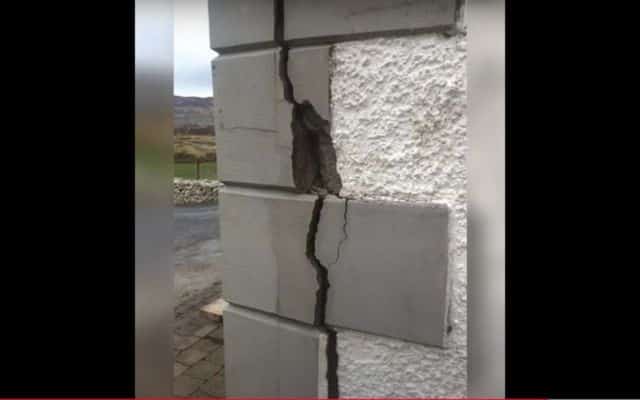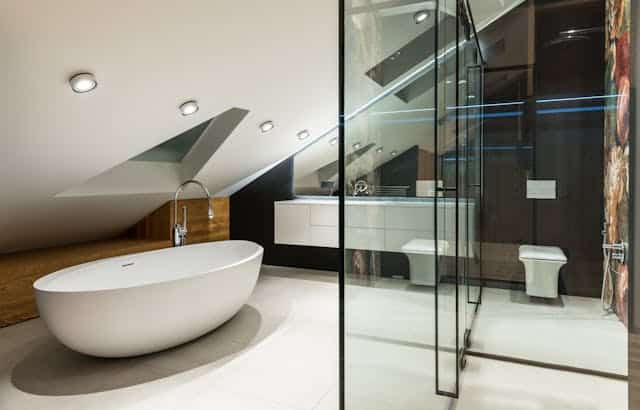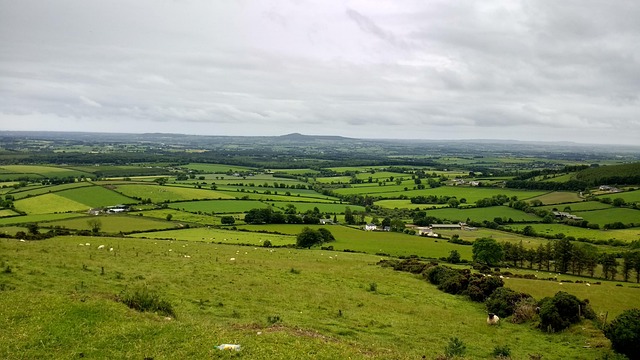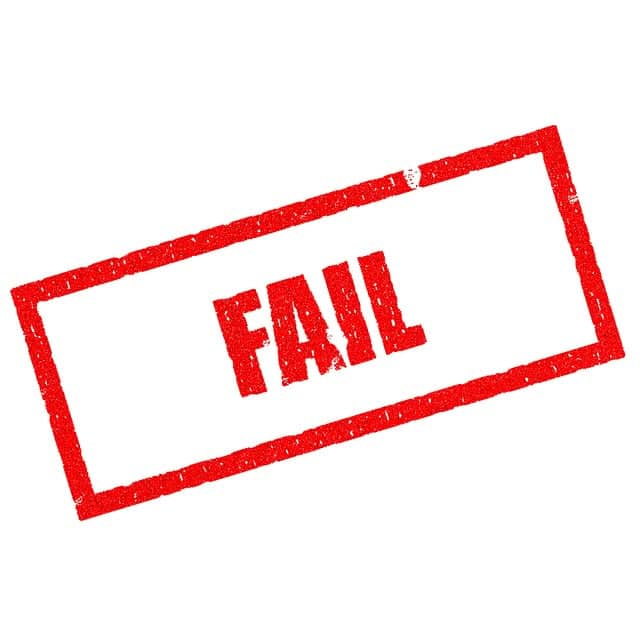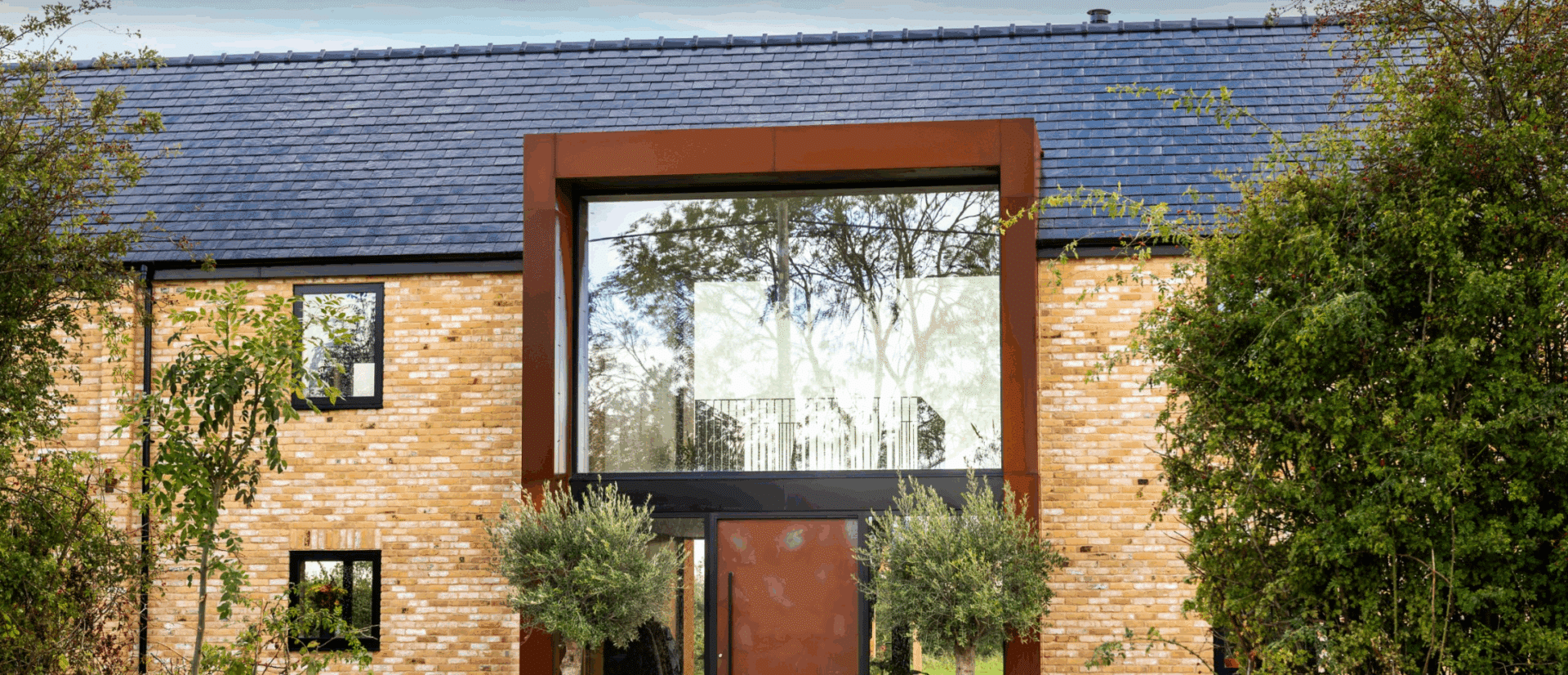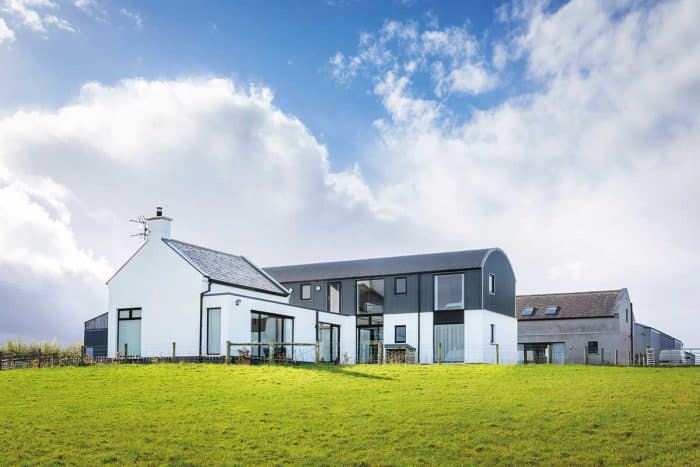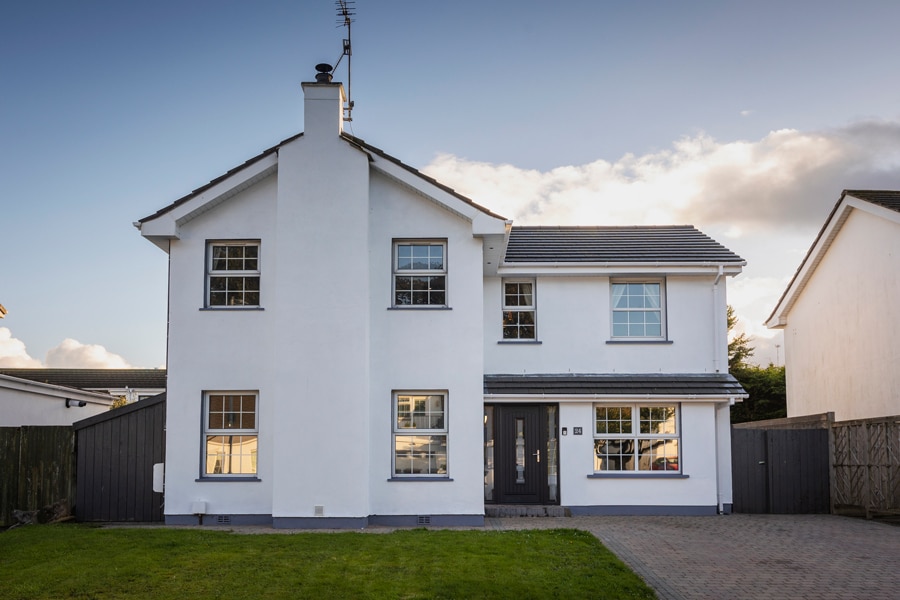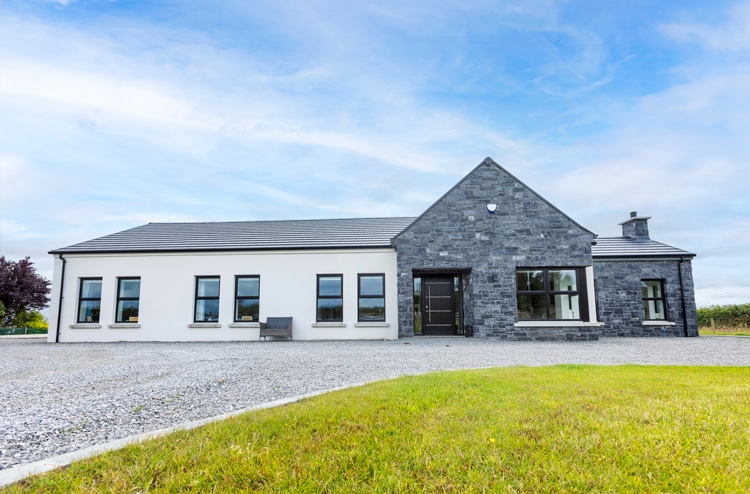As the First Home Scheme opens to those building a new home, and with the Help to Buy scheme to be extended to 2026, ROI Minister for Housing Darragh O’Brien says there’s now €100k in supports for self-builders. We look at the maths.
In this article we cover:
- What supports are available to self-builders in Ireland today
- How much money can self-builders get from supports
- First Home Scheme: is there a catch?
- Plan to extend the Help to Buy scheme
- Development levy holiday
- New tax on building new homes
Minister for Housing Darragh O’Brien told reporters at the National Ploughing Championship that between the Help to Buy scheme, which he’s signalled is likely to be extended in the Budget this October, and the First Home Scheme, self-builders can now avail of €100,000 in supports.
“So if you take between shared equity and the Help to Buy grant it’s worth €100,000,” he said plus savings of “between €15,000 and €20,000 per unit” thanks to the government waiving local authority development levies and Irish Water connection fees.

“There’s never been more assistance there, that’s why we’re seeing about 400 first time buyer mortgages being drawn down every week. There are more first time buyers now buying their homes this year than we’ve seen since 2007”.
Minister O’Brien dismissed the proposal by Independent TDs to offer those building a new home on family land a cash grant of €30,000. “I don’t think anyone is suggesting one would pay the money upfront before work was done so it’s reasonable that there would be checks within the process that the work is being done,” he said.
First Home Scheme: savings of €100k for self-builders?
The scheme is there to bridge the gap between the cost of building the house and the available mortgage funds.
Unlike a loan, the FHS takes a share in the house value. The share the FHS is willing to take depends on what mortgage offer you get.
The maximum amount you can avail of is 30 per cent of the estimated finished house value, or 20 per cent if you avail of the Help to Buy tax rebate. On a €450,000 build, a 30 per cent equity stake represents €135,000.
There is no interest payment due to the FHS in the first five years, then interest accrues in the form of a service charge at a fixed low rate. You can pay back the equity in lump sums without penalty.
So while the FHS is a way to finance your build, it works more like a great-value loan than a grant. You have to pay it back if you want to own the property, and if your house value has gone up when you do pay it back, you will pay back more than you got at the start.
That said, if your house value drops, you would be paying back less than what you got at the start. It’s much better than a loan for that reason, and also because you pay no interest up to year five and interest from year five onwards is low and fixed.
Help to Buy
The Help to Buy amount you can get is capped at €30k or the amount of income tax plus DIRT tax you’ve paid for the four years prior to your application.
Development levies
Meanwhile water connection fees are fixed for connections up to 10m from the road, among other conditions, at €2,272 for drinking water and €3,929 for wastewater.
To avail of the waiver, the building work must have started between 25 April 2023 (the date of the government Decision approving the measure) and 24 April 2024; the house must be completed not later than 31 December 2025.
New tax
The tax applies to all new concrete products, which will have an impact on extensions and renovations too.


